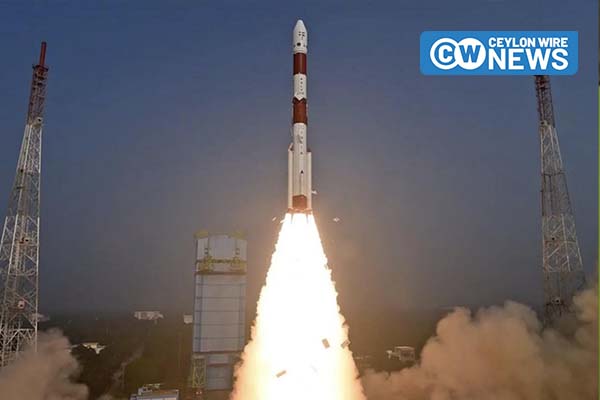India’s space agency achieved a successful launch on Monday from the Sriharikota spaceport, aiming to enhance scientists’ understanding of black holes.
In a post on X, formerly Twitter, the Indian Space Research Organization (ISRO) announced, “2024 lifted off majestically. XPoSat health is normal. Power generation has commenced.”
This mission marks the second endeavor dedicated to studying black holes, following NASA’s similar mission in 2021. Black holes are regions in space where matter has collapsed with gravitational pull so intense that not even light can escape.
ISRO will conduct its black hole research utilizing the X-ray Polarimeter Satellite, or XPoSat, deployed during Monday’s launch.
ISRO Chief S Somanath stated that the PSLV-C58 vehicle successfully placed the satellite into its intended orbit, which he described as “excellent.”
“From this point, the orbit of the PSLV will be reduced to a lower orbit, where the upper stage of the PSLV, now described as POEM, will carry out experiments with nine of the onboard payloads, and that will take some time,” mentioned Somanath on Monday.
In 2023, India accomplished its inaugural solar mission, Aditya-L1, and celebrated the successful soft landing of Chandrayaan-3 on the moon’s south pole. Since its August landing, the Pragyan lunar rover has demonstrated its ability to navigate craters on the moon’s surface.
ISRO is actively working towards launching a manned mission by 2025, aiming to send three astronauts into low-Earth orbit and bring them back after three days. “2024 is going to be the year for Gaganyaan readiness,” affirmed Somanath. Source: United Press International









